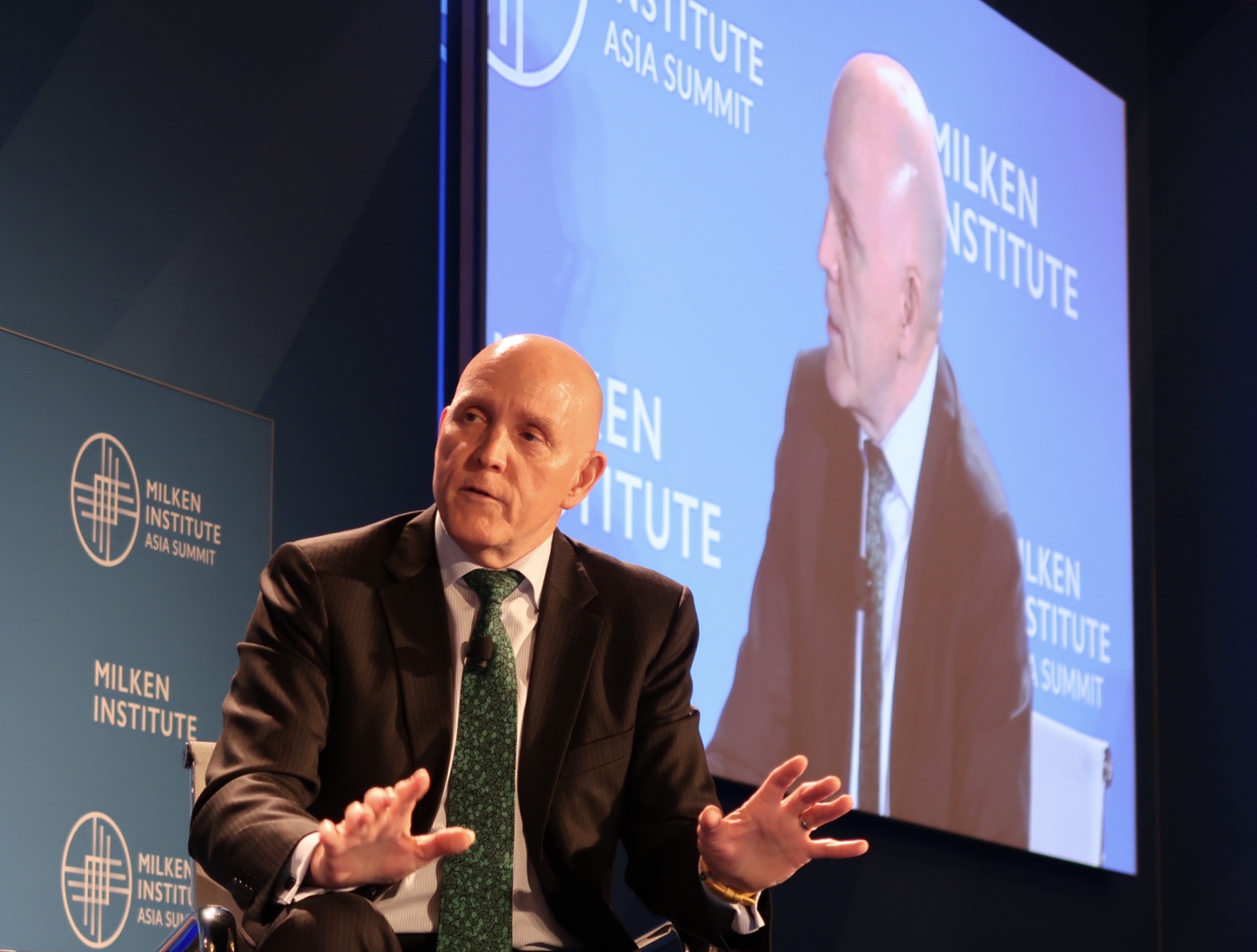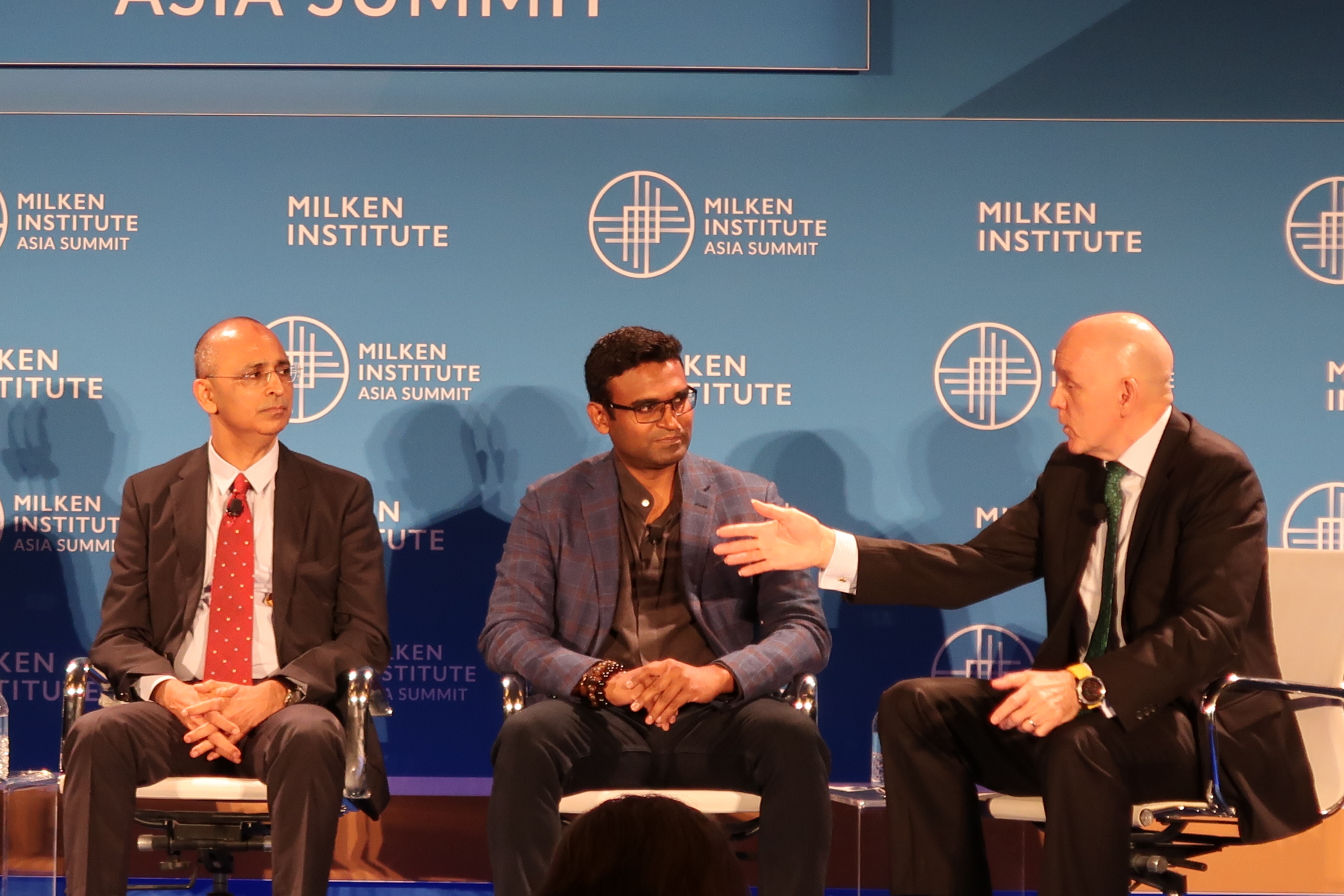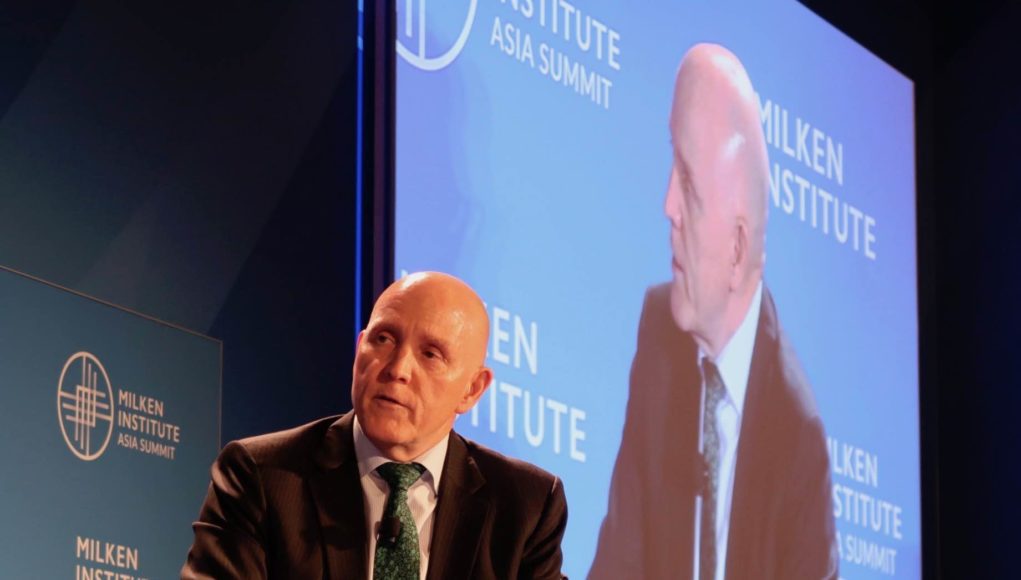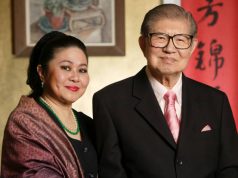Huawei hopes to continue its contribution to the US economy since it purchases products worth US$10 billion from US suppliers every year, Paul Scanlan, Huawei’s Chief Technology Officer, said in Singapore today.
He made such comments in a 5G connectivity revolution panel discussion during the US think tank Milken Institute’s Asian Summit in the island country.


“Huawei will much rather contribute to the US economy because that’s what we have been doing,” said the Australian CTO who has been working for Huawei for 11 years.
He said Huawei spent US$15.3 billion into R&B last year, which is in line with the company’s spending some 10% of its revenue into R&B every year in the past decade.
“Our object is not trying to compete with the US products, but to help our customers,” he said, noting that the 5G network is far more secure than the 4G though more technically difficult.
Scanlan told Fortune Times that his work is primarily coordinating Huawei’s sales and R&D between the west and the east. He manages things between technology, business and outside politics and governance.
“If we can do networks in the US, it will be a great network and the US can do things very well,” he said, stressing that inclusion is better than separation.

However, Huawei is still on Donald Trump’s blacklist, which prevents US companies doing business with it including issuing licenses to use software despite the US government issuing two temporary 90-day reprieves for Huawei, they only cover existing products, not new ones.
That’s why Huawei’s newly announced high-end Mate 30 series, which features its latest class-leading camera and 5G technology, runs Android 10 but not the Google version. Nor does the new model have the Gmail, Chrome, Google’s Play Store and the associated Google Play Services.
During today’s panel discussion, Michael’s call for inclusion was echoed by Guy Diedrich, Global Innovation Officer, Country Digital Acceleration, Cisco Systems.
“5G is not a race. If you have to call it a race, don’t call it a sprint. It’s more like a marathon, and we are taking the first ten steps in that marathon,” said Diedrich.
He said the 5G communication technology would benefit many industries, even including providing medical service for people in the deserts of Saudi Arabia to receive the best medicine in Singapore.
According to a recent World Economic Forum report, digitalization will displace 75 million jobs between now and 2022, but at the same time, there will be 133 million jobs created.
“The industries, governments and the academia should come together to reskill people,” he said, noting that the developed countries and developing countries should join hands to get it done.
The two-day Milken Institute conference has drawn more than 1500 representatives from government, business, and academia from around the world to Singapore.




































